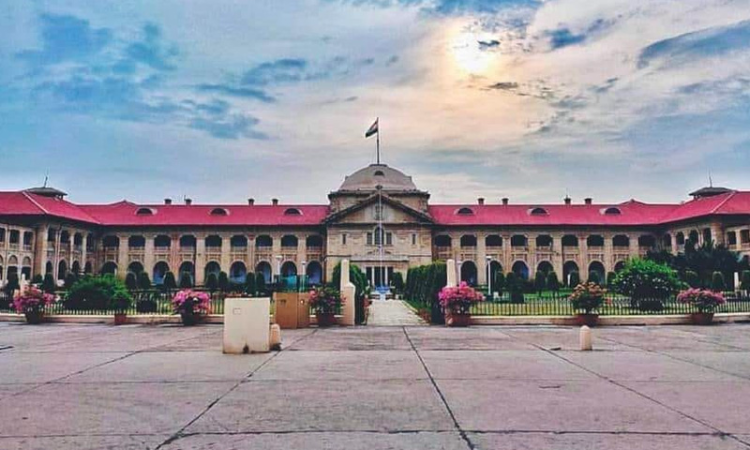Magistrate Has Duty To Ensure Fair Probe After Passing Order U/S 156 (3) CrPC: Allahabad High Court
Sparsh Upadhyay
7 March 2022 4:31 PM IST

Magistrate can't wash his hands of the case after passing an order under Section 156 (3) CrPC: Allahabad High Court
Next Story


